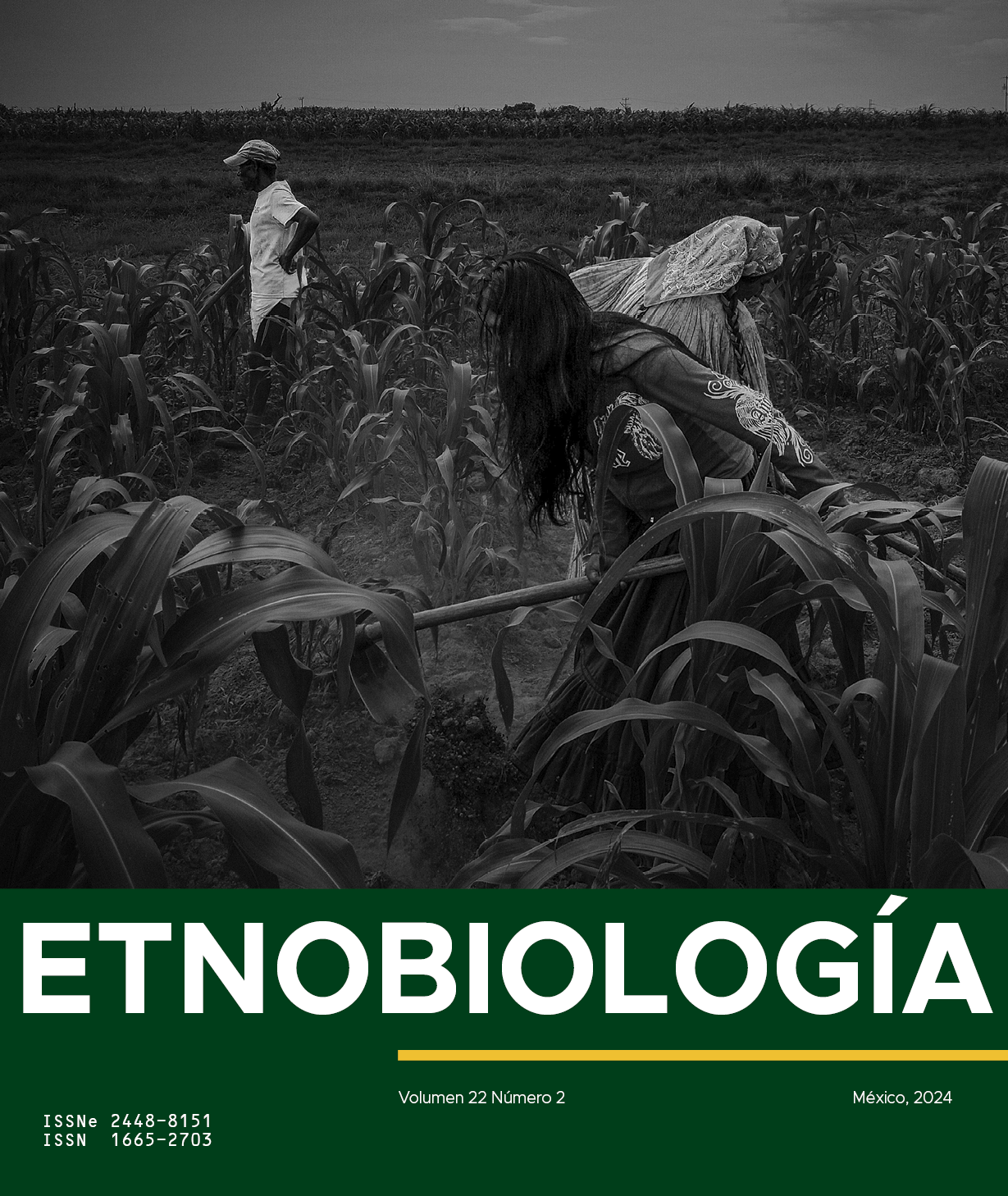EVALUATION OF THE GERMINATION OF SEEDS OF Cordia dodecandra A. DC. FROM TROPICAL FOREST AND HOMEGARDENS
Abstract
Homegardens are traditional agroforestry systems with a high diversity of plants and animals, due to their origin, which may be native or introduced. The presence of native plants can be intentional or not because some are perennial species representative of the surrounding vegetation that arrives by natural dispersal. Cordia dodecandra, a species native to the low to medium tropical forests of the Yucatan Peninsula, has decreased its wild populations due to factors such as deforestation and land use change, and it has been observed that there are few juvenile individuals. However, a high density of juveniles has been reported in homegardens, which are then eliminated to prevent them from reaching adulthood. Therefore, we evaluated the germination potential of Cordia dodecandra (siricote) seeds from homegardens and medium subcaducifolia forest in Tizimin, Yucatan. Seeds were collected in the medium subcaducifolia forest and seven homegardens in eastern Yucatan, and the germination rate and survival of young plants were recorded. The germination rate of seeds from the forest was 0.01 seeds germinated/day, and those from homegardens were 0.3 seeds germinated/day. The germination percentage of the dry forest seeds was 2% and 40% of the homegardens seeds. Seeds from homegardens germinated in less time and a higher percentage than those from the forest. Homegardens function as reservoirs of native germplasm and are ideal sites to consider for propagation and reforestation programs of species such as Cordia dodecandra.


